Baoquocte.vn. The Capital Law (amended) is like a "push", fueling the wave of innovation and creativity of the cultural industry, a great encouragement for artists, practitioners and businessmen of culture and art in Hanoi.
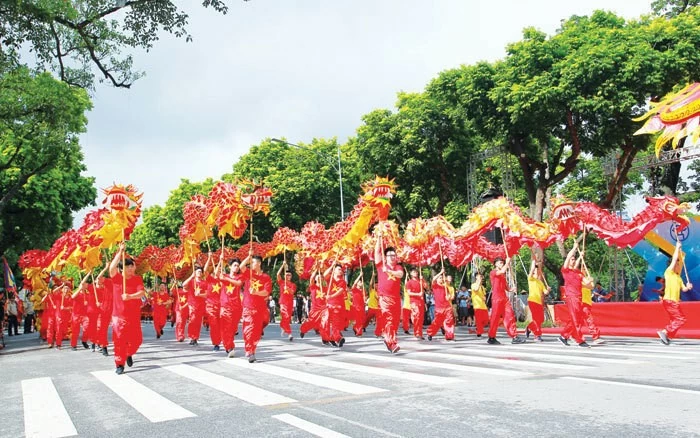 |
| The Law on the Capital (amended) has historical significance for the development of the Capital in general and the culture of the Capital in particular. (Illustration photo) |
Hanoi is the capital of a thousand years of culture, where the cultural values of the country converge and shine. Therefore, the provisions for the development of the capital's culture also create conditions for the shine of the country's culture.
The capital is very interested in developing cultural industry. The Hanoi Party Committee issued Resolution No. 09-NQ/TU dated February 22, 2022 on "Developing cultural industry in the capital for the period 2021 - 2025, orientation to 2030, vision to 2045".
Resolution 09-NQ/TU sets the goal of creating a comprehensive development of the capital's cultural industry in terms of scale, quality of products, services and markets, ensuring sustainable development, becoming a spearhead economic sector with high speed, proportion and added value; operating professionally with synchronous and modern infrastructure. Along with that are diverse cultural products and services with quality and brand, meeting the creative and enjoyment needs of domestic people, promoting tourism and export development.
By 2025, the capital's cultural industry will become an important economic sector, creating a new driving force to promote economic, cultural and social development; striving to contribute about 5% of the city's GRDP. By 2030, the capital's cultural industry will basically become a spearhead economic sector, strongly promoting the development of other sectors and fields. Hanoi is among the cities with leading cultural industry development with prestigious brands and products, and high competitiveness with cities in the region. Striving for revenue from cultural industries to increase gradually every year...
On June 28, 2024, the Capital Law (amended) was passed by the National Assembly with a very high approval rate. This is an event of historical significance for the development of the Capital in general and the culture of the Capital in particular.
In the Law on the Capital (amended), there are many regulations related to culture. Not only does Article 21 specifically regulate issues related to culture, sports, and tourism, but other provisions also include regulations on cultural industrial zones, creative spaces, etc. In particular, the Law has resolved problems in PPP investment (investment in the form of public-private partnership), in the Law on Management and Use of Public Assets. This has created favorable conditions for the cultural sector to take new steps of development.
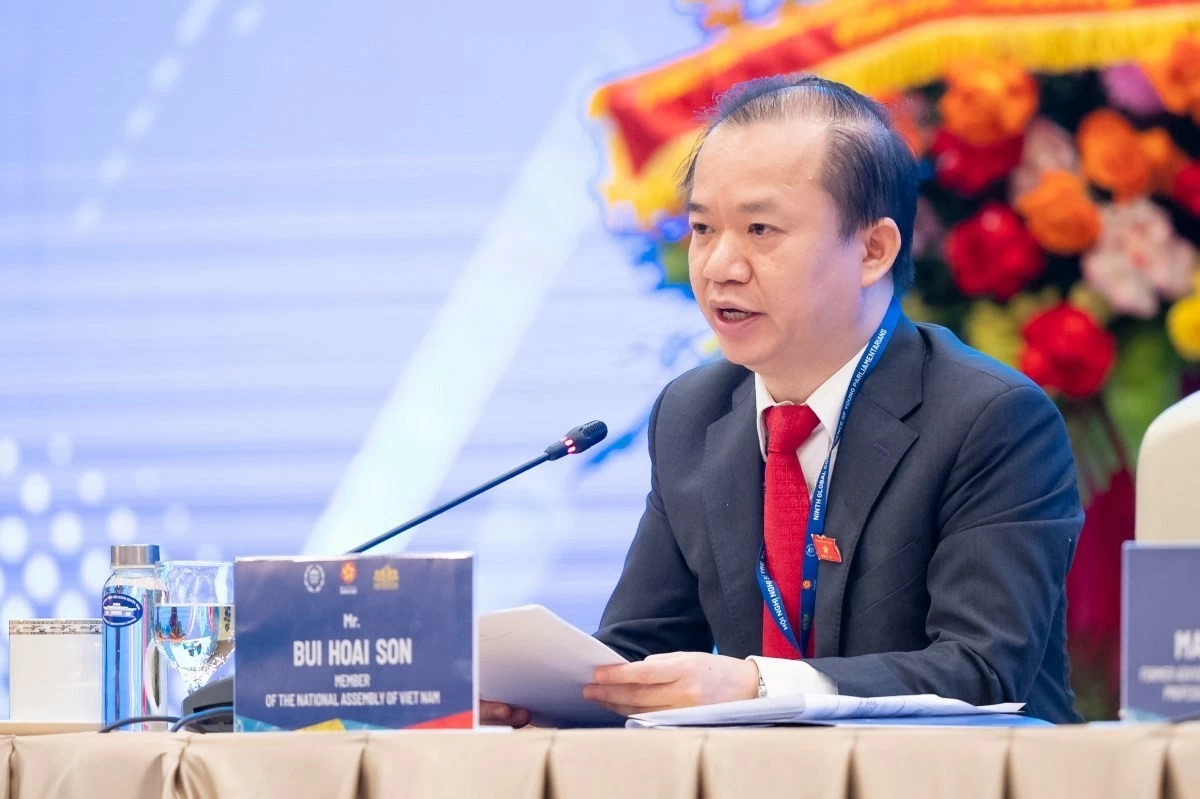 |
| National Assembly Deputy Bui Hoai Son commented that the Capital Law (amended) is a "boost" for Hanoi's cultural development. (Photo: Thanh Chau/TGVN) |
Many favorable policies for cultural development
The Law on the Capital (amended) was passed with many policies and regulations to facilitate cultural development. The Law emphasized: “The protection and development of the Capital’s culture must be worthy of the thousand-year tradition of Thang Long - Hanoi; building Hanoi as a center of convergence and crystallization of the country’s culture; building a culture of Hanoi people that is gallant, elegant, loyal, civilized, representing the culture, conscience and dignity of the Vietnamese people”.
This is concretized by measures to prioritize resources for protecting and developing the capital's culture; investing resources to manage, exploit, and use effectively to meet the requirements of protecting, developing the capital's culture and international integration. Along with that is investing resources to develop high-performance sports, building modern sports facilities that meet regional and world standards; training and fostering athletes and coaches to reach national and international levels; encouraging organizations and individuals to participate in developing high-performance sports and professional sports.
Sharing with The World and Vietnam Newspaper, National Assembly Deputy Bui Hoai Son, Standing Member of the National Assembly's Committee on Culture and Education, said that for Hanoi, the development of cultural industries is extremely important. Hanoi is the first city to join the UNESCO Creative Cities Network, dedicating a resolution of the City Party Committee to the development of cultural industries.
"The vitality of the development of cultural industries can be seen every day through cultural and artistic events, on pedestrian streets, overpasses, or even old apartment buildings and factories. Even places that used to be polluted landfills, where no one wanted to go, have now become poetic, check-in places for young people, serving people's lives. The Capital Law (amended) is like a 'push', fueling the wave of innovation and creativity of the cultural industry, a great encouragement for artists, practitioners and businessmen of culture and art in Hanoi", emphasized National Assembly Deputy Bui Hoai Son.
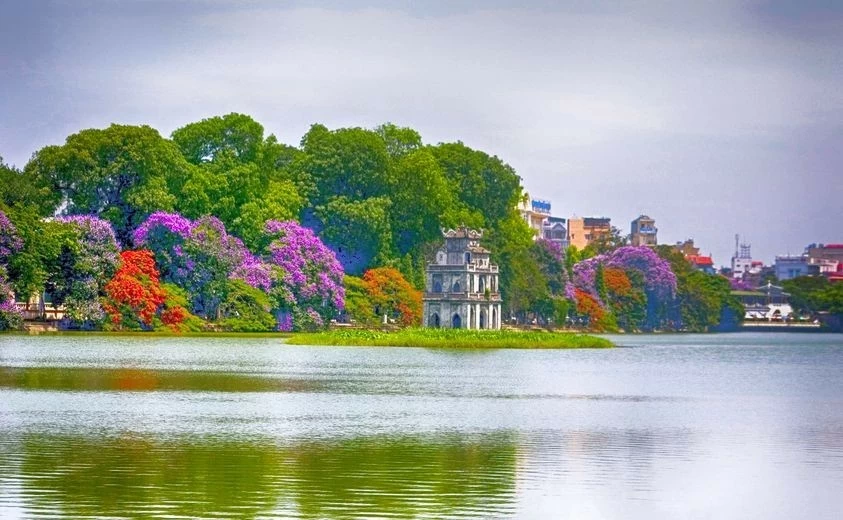 |
| Lagerstroemia and royal poinciana flowers make Hanoi more dreamy. (Photo: Minh Chau) |
A place where national cultures converge
Not only stopping at the provisions in Article 21 (Development of culture, sports, tourism), the spirit of promoting Hanoi's cultural values so that the development of the capital's culture becomes a beacon leading and regulating the country's cultural development is also shown in very open regulations, removing bottlenecks in public-private partnership in the cultural field when the regulations allow "Applying the public-private partnership method to projects in the cultural and sports fields in the City. The minimum total investment scale for investment projects in the form of public-private partnership in the cultural and sports fields shall comply with the provisions of law on investment in the form of public-private partnership in the fields of health, education and training" (in Article 39).
| "The Law on the Capital (amended) together with the Hanoi Capital Planning for the period 2021 - 2030, with a vision to 2050 and the Project to adjust the Hanoi Capital Master Plan to 2045, with a vision to 2065 have created a legal foundation and a synchronous development plan, helping to promote cultural, economic and social development." |
Or the bottleneck in the management and use of public assets by stipulating that "Agencies and organizations that are assigned to manage and use public works and construction items as prescribed in Clause 2 of this Article in the City are allowed to sign a contract for the right to exploit and manage with investors and enterprises to exploit the works and construction items for a certain period of time" (in Article 41).
These regulations convey two important messages. Firstly, these are major bottlenecks that have been pointed out in many recent conferences, seminars and question and answer sessions organized by the National Assembly, but there has not been a most suitable way to handle them in the current context. Secondly, the fact that these regulations apply not only to units and projects in Hanoi, but also to units and projects in Hanoi clearly demonstrates the spirit of "Hanoi for the whole country, the whole country for Hanoi".
According to Mr. Bui Hoai Son, these solutions will not only help the cultural institutions of the capital develop more strongly, worthy of the cultural heart of the whole country, but also help the major cultural and sports institutions of the Central Government in Hanoi to further promote their values, contributing more to the overall cultural and sports picture of the country from the capital.
The Law on the Capital (amended) together with the Hanoi Capital Planning for the period 2021 - 2030, with a vision to 2050 and the Project to adjust the Hanoi Capital Master Plan to 2045, with a vision to 2065 have created a legal foundation and a synchronous development plan, helping to promote cultural, economic and social development.
"Developing cultural industries on the basis of preserving and promoting the cultural and historical values of Hanoi; orienting the development of transport infrastructure, urban areas and modern public services, meeting the development needs of the capital, improving the quality of life of the people... creating a 'Cultured, Civilized, Modern', green, smart Hanoi, a place where the cultural quintessence of the country and the world converges", emphasized National Assembly Deputy Bui Hoai Son.
Source: https://baoquocte.vn/luat-thu-do-sua-doi-cu-hich-cho-lan-song-doi-moi-sang-tao-cua-cong-nghiep-van-hoa-ha-noi-284440.html





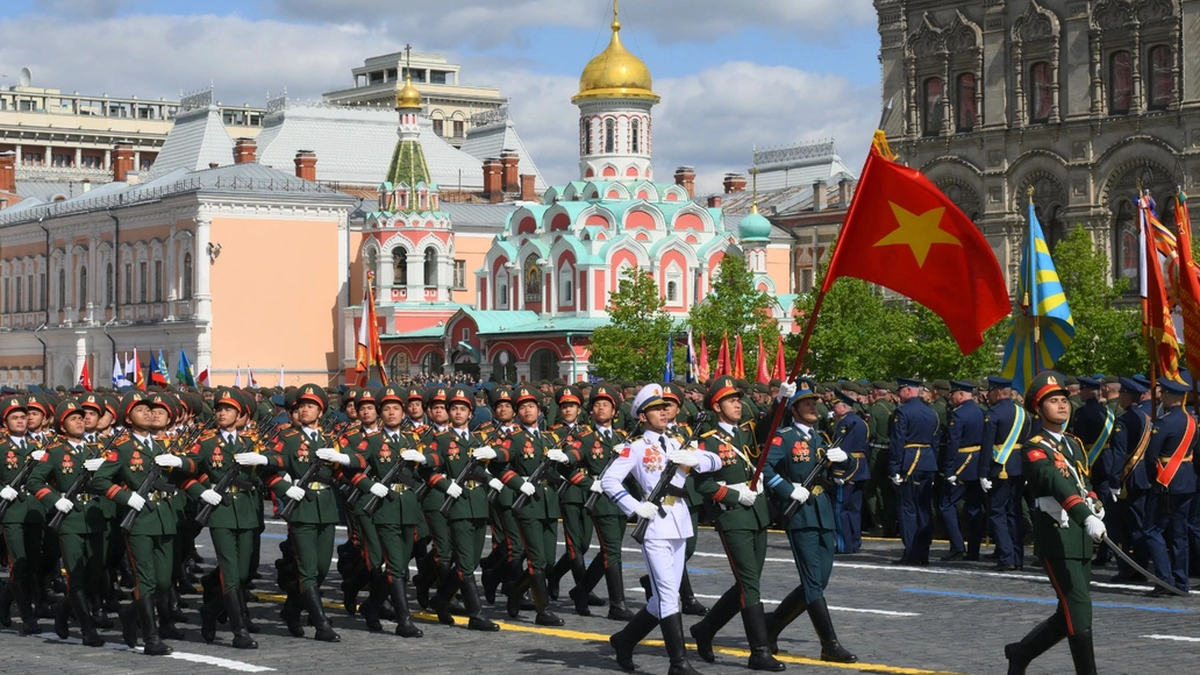
![[Photo] Magical moment of double five-colored clouds on Ba Den mountain on the day of the Buddha's relic procession](https://vphoto.vietnam.vn/thumb/1200x675/vietnam/resource/IMAGE/2025/5/9/7a710556965c413397f9e38ac9708d2f)
![[Photo] Prime Minister Pham Minh Chinh chairs a special Government meeting on the arrangement of administrative units at all levels.](https://vphoto.vietnam.vn/thumb/1200x675/vietnam/resource/IMAGE/2025/5/9/6a22e6a997424870abfb39817bb9bb6c)
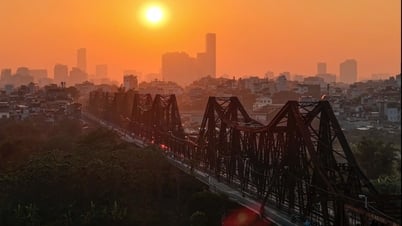

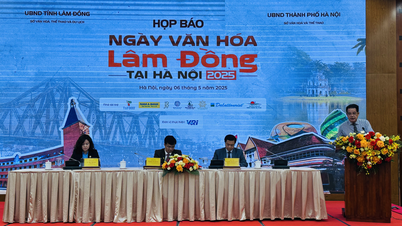

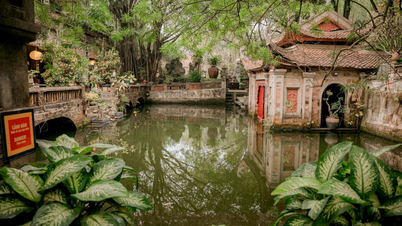

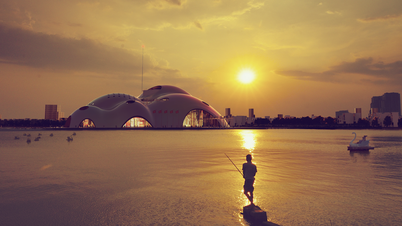




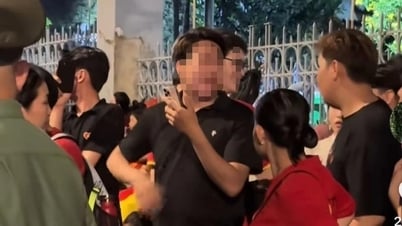
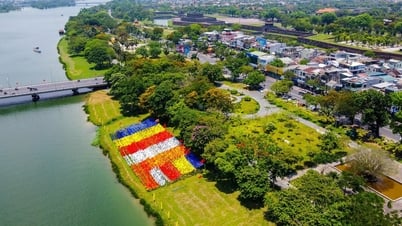
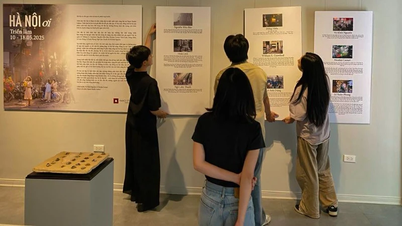
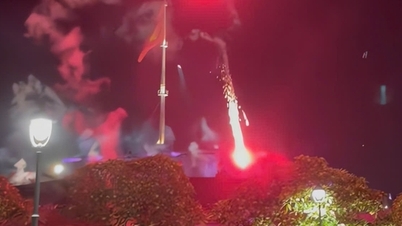
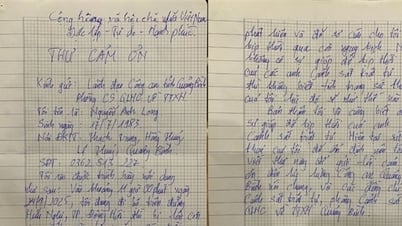
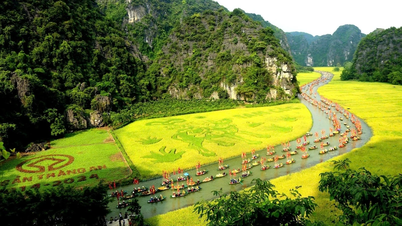







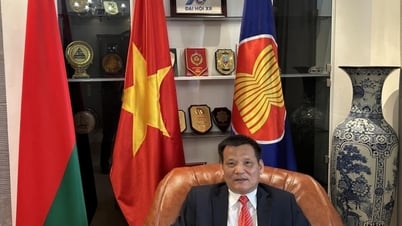
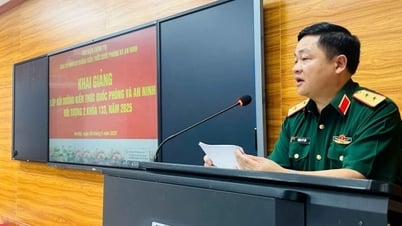
































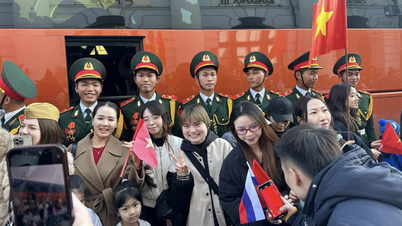

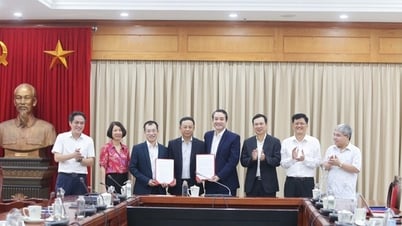

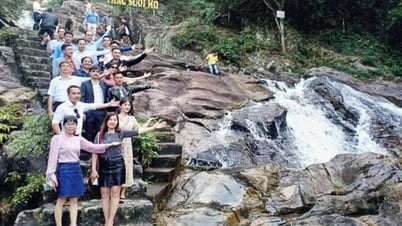


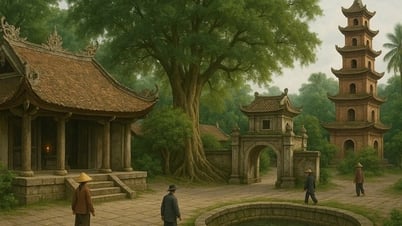
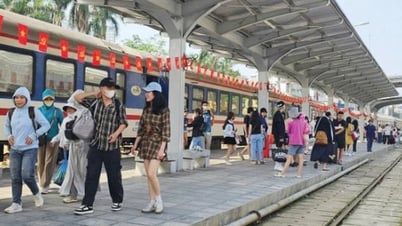

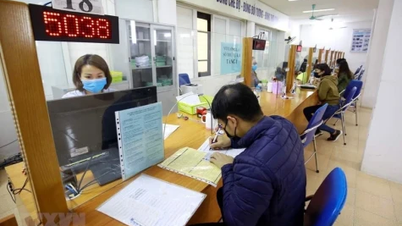

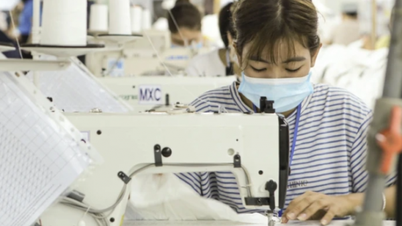

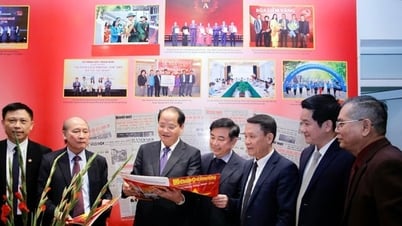

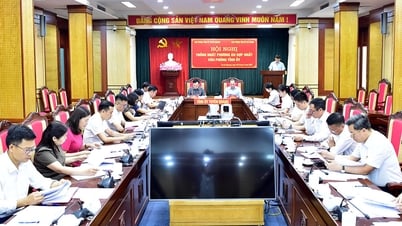

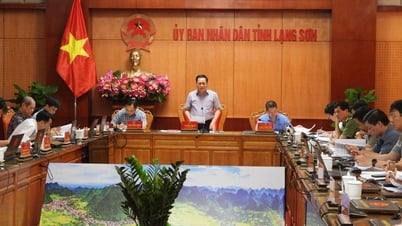














Comment (0)